Welcome to the brave new world!
Venture capitalist Tim Vieira, CEO of Special Edition (Africa) and Bravegeneration (Europe) is a well-known TV personality who appeared on the first series of Shark Tank Portugal tells members of the British-Portuguese Chamber of Commerce that in a post-Covid-19 world “everything has changed and everything is new”.
By Chris Graeme
Before the advent of coronavirus, successful international businessman Tim Vieira felt pretty good about life. His venture capital business was going well and he was finally in a position to really enjoy life and too his family on his dream holiday; a trip around the world.
“My life before the coronavirus wasn’t bad at all, it was starting to master my work-life balance, travelling extensively for work and pleasure. We were consolidating our mature operations with exits in sight with startups on the up and close to becoming real businesses and some major businesses that were looking very interesting,” says Tim Vieira.
Then came Covid-19. The world went into lockdown and he realised that many of the businesses he had invested in might not survive, or at least not be as successful as he had thought. It was time to take stock and have a rethink about business and what is important in life.
“Focus on your dreams because the nightmare scenarios are beyond your control” he says adding that the pre-Corona world was made up of “running around”. “We’ve been forced to stop and take a break to understand that the future is not within our control” he says.
Life will be different
“The good news is that we are all in the same boat” says Tim Vieira. The one constant upon which most business associates he knows agree, is that life post-Corona will be different.
The positive, he says, is that scientists find a working vaccine quickly. The negative is that they don’t and the virus bounces back again in the winter because governments around the world simply will not be able to afford shutting down the economy and society a second time. In his opinion, leaders have not done well in handling this disastrous crisis. The USA, China, EU and WHO have proved disappointing and have offered little in the way of effective leadership.
Vieira points to the projections that every week in lockdown represents a loss of between 0.5% to 1% in GDP with forecasts of GDP down anywhere between 7-15% by the end.
“Working capital is the most vital aspect for any company now, preserve it by negotiating payments with creditors, reducing costs as much as possible, renegotiating contracts with suppliers and employees and finding securement in order to survive during and grow after the crisis. The longer you can survive this crisis the better shape you will be in as competitors fall out of the marketplace” the investor says. “Don’t survive at any cost, because if you do get into debt that will be another problem to deal with” he advises.
The Shark Tank celebrity does not believe there will be a V shaped recovery, rather more of a U shape one to the economy. Public debt, he says, will be huge and taxes are on the way. Countries will become more nationalistic and less China focused.
There will he says, be more demands from citizens from their governments in terms of security and health. Governments will be forced to introduce higher taxes for the rich while technological companies working remotely will do well.
The forecast economic depression could provoke higher inflation or even deflation. The only way to get out of the crisis will be to grow economies, build infrastructure and invest in promising future businesses, and attract investors and residents which is particularly important for Portugal with its low population rate and reliance on tourism.
Tim Vieira says people will suffer more from depression due to uncertainty. There will be more requirements on being allowed to travel and less planes to travel on as airlines go bankrupt.
“If the virus returns I believe we won’t be able to lockdown for a second time, we’ll have to live with it and work around it, because a second lockdown could cause more economic problems and social unrest” he warns.
What are the options?
So what are the options? Can we snap back to how it was before the pandemic? Vieira believes it will be difficult as the world is now a different place. “I am confident and optimistic in looking forward to a better post-Corona-world, but we must be realistic because it will get worse before it gets better. It will probably take longer than we expect,” he warns.
“Some will close their businesses, others will lose their jobs. We will have to ask ourselves, does this business need to exist and does my job make me happy? The businesses that are going to close are the ones that weren’t profitable before Corona or won’t be relevant in a post-Corona world. Life is too short and precious to simply get by. We need to do more than get by, we need to flourish. We need to provide services that people need and want. To be the best at what we do, you have to love what you do and more emphasis will be on that,” he believes.
“Priorities will change. Some may want to spend more time with families, scale down and accept living with less to enjoy life more, others may want to work from home. Only after helping yourself will you be able to help others,” he muses.
Where are the opportunities?
Tourism
The entrepreneur thinks that food businesses must now have online and delivery options. “Now you know how to, you do it. Make videos of your chefs coking, publicise your restaurant hygiene and product selection, interact with your clients and build on client relationships and grow your reach,” he advises.
“You’ve got to adapt to people not being able to sit close to each other for a while. If you’re having to work from home, this might change and increase your delivery demands. Work both offline and online,” he suggests.
Tourism holidays might be less frequent but longer. Business travel will be under pressure with more meetings online as travel becomes more difficult. Experience travel with beautiful locations will become more sought after. Friendly countries will attract more tourism and longer stays and travel will become the ultimate luxury as people have to think carefully about where they want to visit.
Working while travelling will become an option so hotels will have to incorporate this option in their stays. Smaller and boutique hotels will charge premium rates as people choose to stay at a distance from each other, so adapting to new social norms and health requirements will be an advantage to attract more tourists. “The good news is that we’ve still got our beaches and mountains, we’ll still have wonderful people and great wines,” he says.
Business online
Education online, online courses with the benefits of reduced costs, medical services, doctors, coaches, fitness in all areas that can move online to expand the reach they had before should now do so. “You can adapt your business by improving your online presence,” he says.
“If you are a professional and have know-how to share, you could build a successful business online. It will probably become a big part of your business,” says the entrepreneur. Tim Vieira says small businesses can prosper by providing unique products and local business may be better for many going forward.
“Countries will start looking inward in terms of manufacturing and jobs as they prepare for the next crisis. Already companies are returning from Japan and China. China will be seen in negative terms because it was the origin of the crisis, is not environmentally friendly, and is perceived in its own right as anti-foreign,” he opines.
However, although China will not be the flavour of the month, retailers and consumers still look for the best deals and China can’t easily be substituted. “We are still consumers so there will continue to be space for China”.
Robots and Surveillance
The Shark Tank investor says that many mundane jobs will be automated in Europe so that companies can compete with China and robots take over more vital jobs generally and will be needed in crisis periods.
“The robot tax could and should become a reality. Companies will have to pay a social security on robots to help pay for retraining and job losses. It’s a win-win all around because robots when they get old don’t go into retirement”.
Surveillance, he says, will become more widespread, in the name of security and future crisis prevention. Events will be subject to new entry conditions aimed at reducing exposure.
The Job Market
Vieira believes that more value will be given to jobs that kept us going during the crisis. Both society and governments will value workers involved in primary needs and the better and more qualified the people in these jobs are, the better we’ll be able to cope with the next pandemic.
Tech companies will be in the best position to offer the highest salaries, less prone to the downturn and will aggressively expand and keep employing people and paying the best salaries.
Job sharing might become a new way of working.
“Make sure you embrace the new reality and go on to the offensive rather than the defensive sooner than later, and above all, if you are worried about your assets, even though the banks are in a better position than they were, make sure you diversify your asset portfolio,” he advises.
“The world is more unpredictable, so all the future plans you had, forget them and make new ones. Now is the perfect time to change you life. Don’t be anxious about the new world, just get involved, learn fast and you will be fine,” concludes Tim Vieira.










